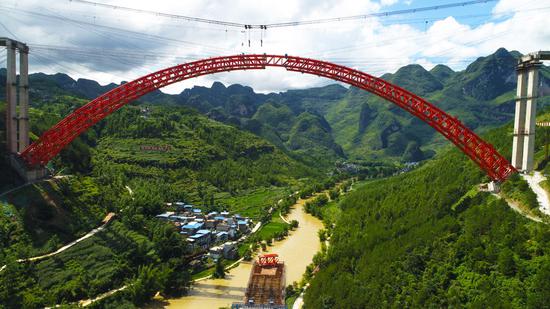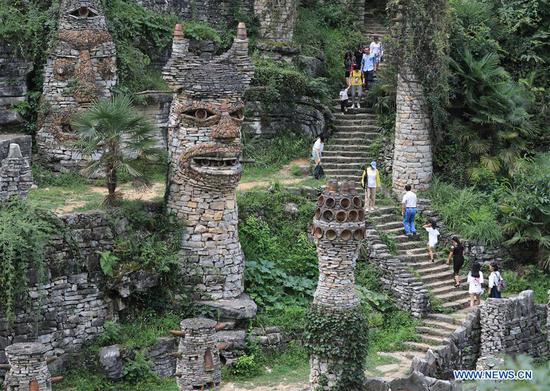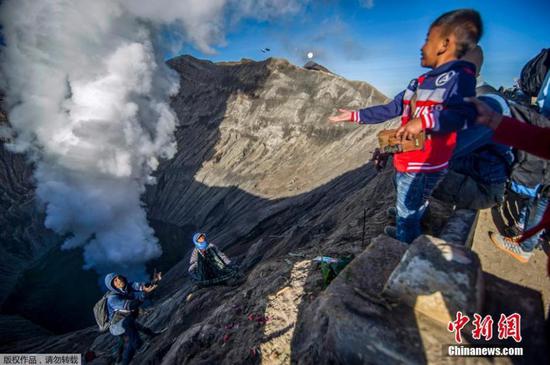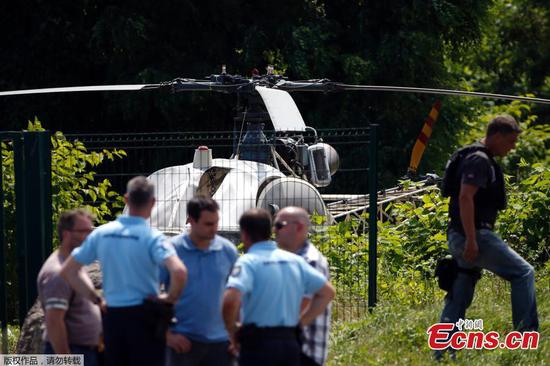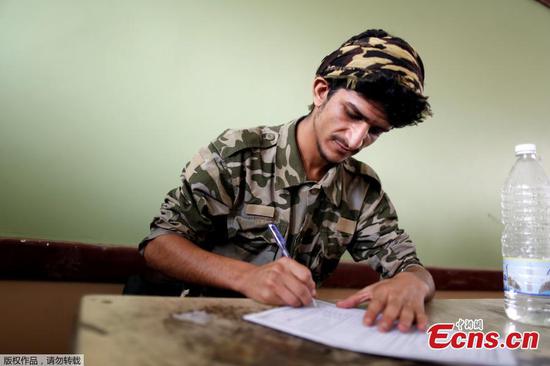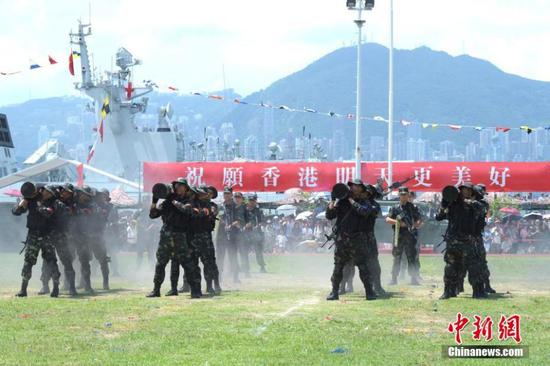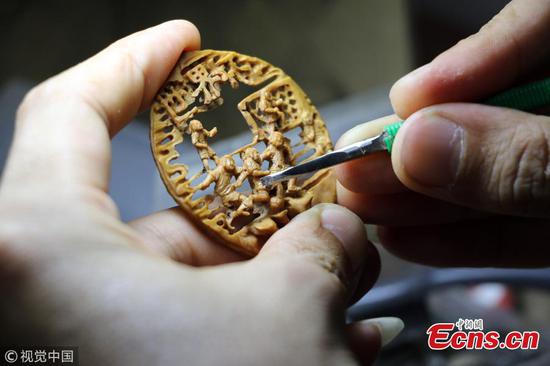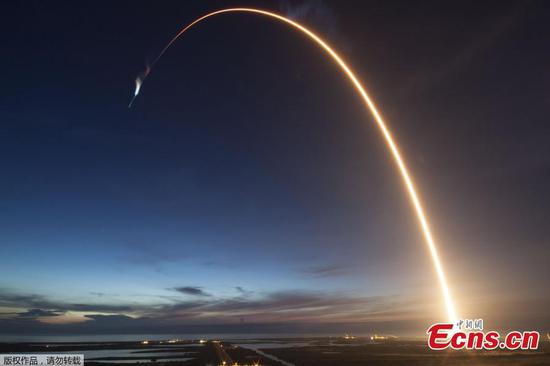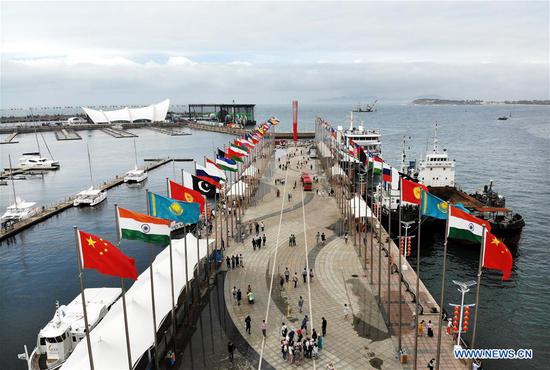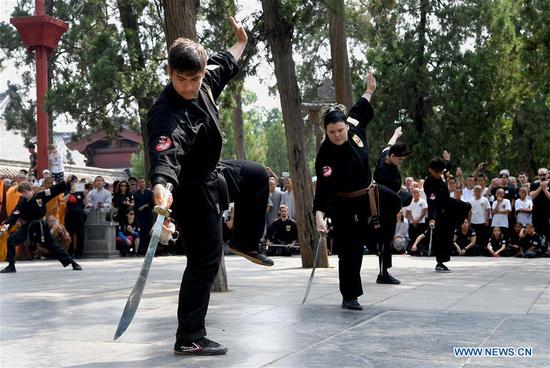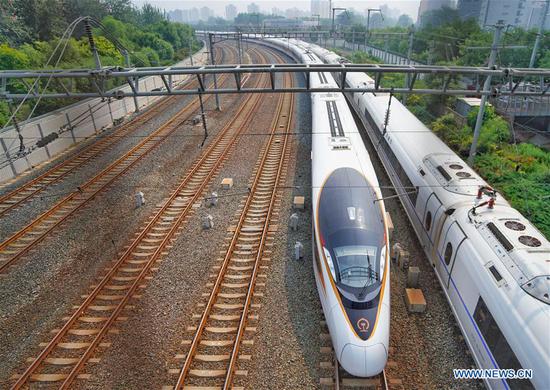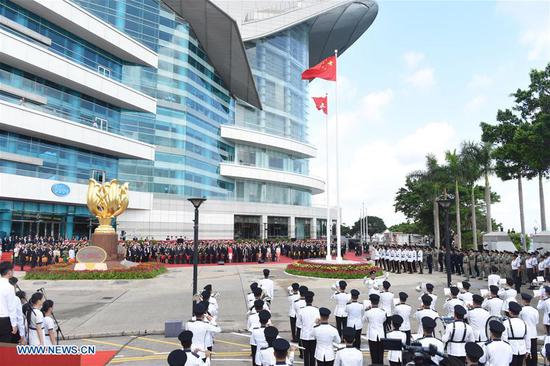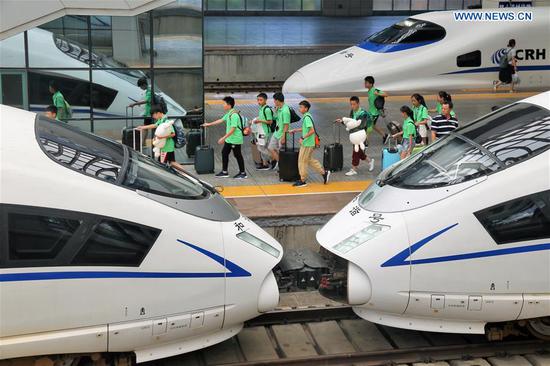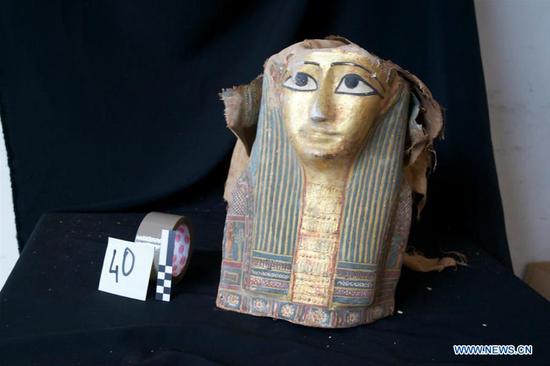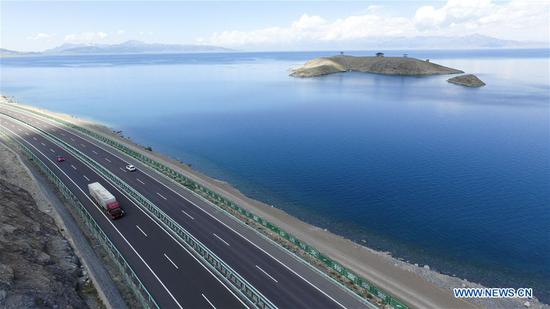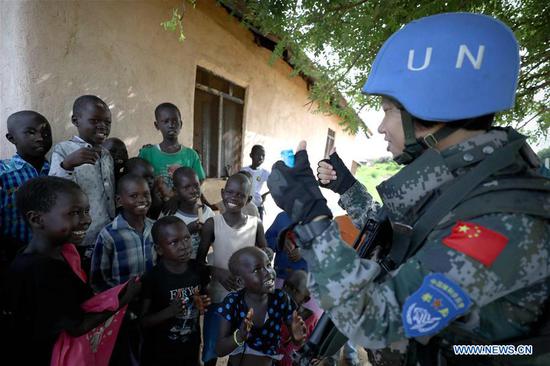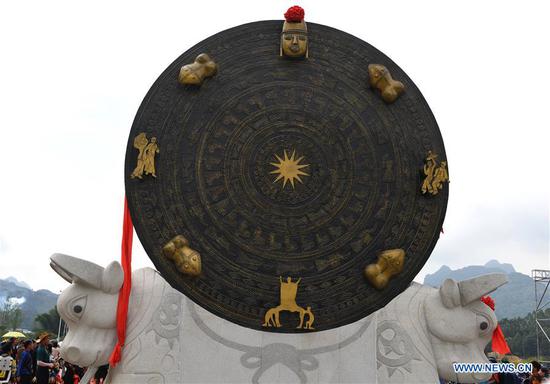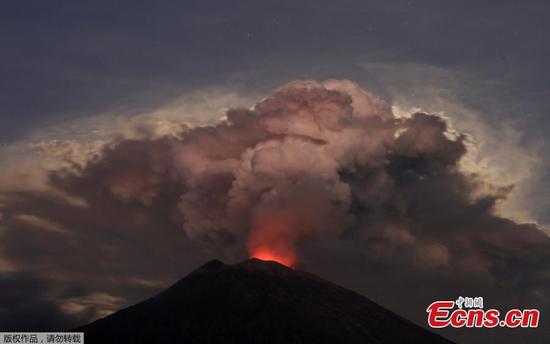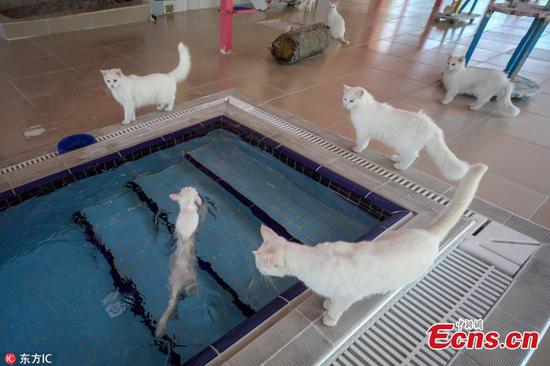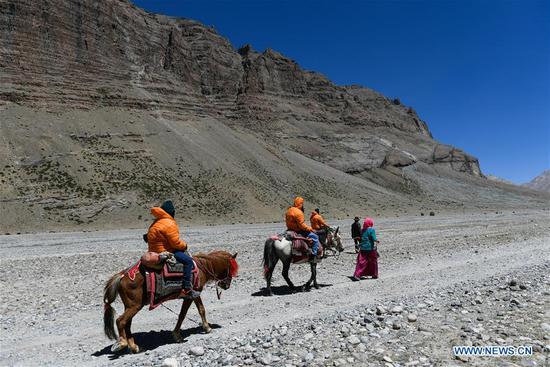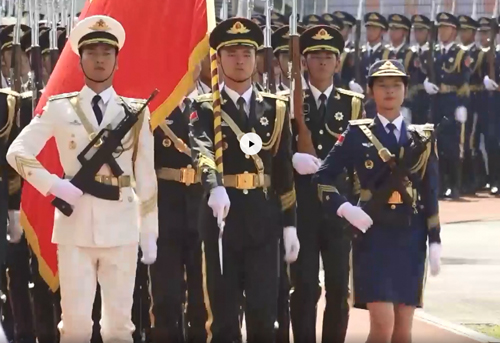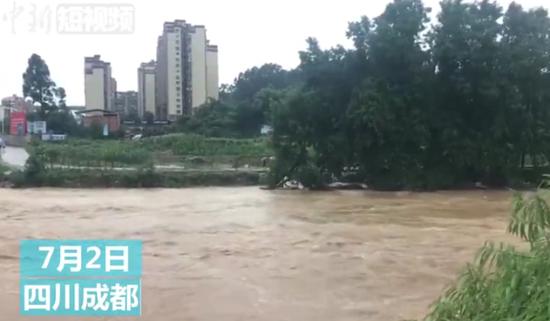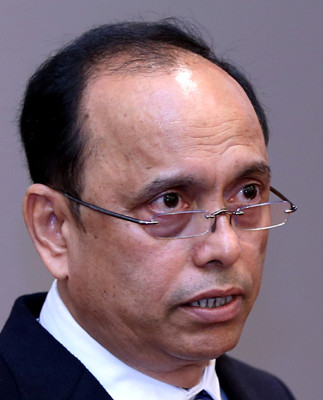
Paramesh Banerjee
Indian geophysicist Paramesh Banerjee has made it to the shortlist of four candidates to head the Institute of Geophysics, part of the China Earthquake Administration.
Banerjee is technical director of the Earth Observatory of Singapore at Nanyang Technological University and president of the Asian Seismological Commission.
He has a doctoral degree in applied geophysics and leads a team of scientists and engineers who are responsible for design, installation, maintenance and data processing for all types of geophysical and geochemical field instrumentation networks, moni toring volcanoes and tectonically active regions in South and Southeast Asia.
The other three candidates are Song Xiaodong, a professor at Wuhan University's School of Geodesy and Geomatics and the Geology Department of the University of Illinois in the United States; Niu Fenglin, professor of Earth sciences at Rice University in the US and the China University of Petroleum; and Li Li, a researcher at the Institute of Geophysics.
The candidates were interviewed by a team of seven experts at the institute on Monday in Beijing. The candidates each had 30 minutes to introduce themselves and explain their strengths and plans to lead the institute. They also took questions from the experts.
Disaster research and mitigation efforts cannot be confined to national boundaries, Banerjee told reporters after his interview. He said the seismic science community is not fully keeping up with economic development, and as the world's second-largest economy, China should not have so many people dying from earthquakes.
The country has a great opportunity to take a leadership role in earthquake research and the research results in China could be used in other developing countries so fewer people would die there, too, he said.
"China has the power, willingness and mindset to help others, and that's why I am here," Banerjee said. "I want to make this institute an internationally prominent one in geophysics and a regional leader if I become the next head."
International cooperation in geophysics is key to earthquake research and mitigation, he said.
Developing countries should learn from the technology and experience of developed countries, while developed ones should accelerate science and technology transfers, he said.
Pan Huaiwen, head of the administration's China Earthquake Networks Center, said recruiting talent globally can help solve problems such as an unbalanced talent structure and weak innovation.
This is not the first time the administration has recruited global talent to lead an institute. In 2003, Wang Zifa, a Chinese-American, was chosen to head the administration's Institute of Engineering Mechanics, Pan said.















